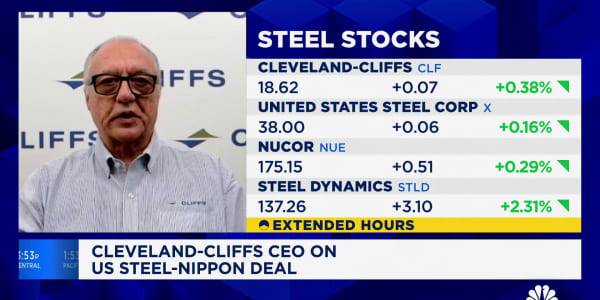My friends on The Wall Street Journal editorial boardhave several questions about the lawsuits the Federal Housing Finance Authority (FHFA) filed against banks that sold it mortgage-backed securities.
Fortunately, many of these questions are easy to answer.
"But if there were fraudulent appraisals at the time, this would suggest a lawsuit against appraisers, unless one is simply looking for the deepest shareholder pockets. In any case, why didn't (Fannie) and (Freddie) use such a model before deciding to buy?" the WSJ asks.
Actually, no. The FHFA wasn't a party to the appraisals. It has no contractual relationship with the appraisers at all. It was the banks that vouched for the quality of the mortgages that they bundled and sold to the FHFA, not the appraisers. If the banks want to sue the appraisers for their own losses, that's fine.
It was dramatically imprudent of Fannie and Freddie to rely on the banks the way they did. But this imprudent reliance doesn't make the banks less culpable. Just because a customer was a sucker doesn't mean the seller should be free of liability for ripping off the sucker.
"On the question of occupancy, if a buyer falsely claimed that he would occupy a given property, why is the bank any more liable than Fan and Fred are?" according to the Journal. "The two mortgage giants had already agreed to buy pools of loans with little or no documentation of the borrowers' claims. Why? Because Fan and Fred's well-paid management and boards were enjoying the ride, and they knew that taxpayers would be there to pay the bill when it ended."
Again: The banks can be held liable because they made representations and warranties about the quality of the mortgages. They assumed the risk of fraud by the homebuyers when they made those representations.
This is all quite simple, legally speaking. The contractual and statutory arrangements under which mortgage securitization took place relieved the buyer from bearing the burden of investigating the mortgages. The banks benefited from these arrangements because they made mortgage securities saleable.
If buyers of the securities had to investigate the underlying mortgages, the cost of investing in the securities would have been much higher—which would mean the banks would have made much less money selling the securities. Indeed, the realization that banks cannot be relied upon when it comes to mortgage quality is one of the reasons private mortgage securitization remains dead.
Questions? Comments? Email us at
Follow John on Twitter @ twitter.com/Carney
Follow NetNet on Twitter @ twitter.com/CNBCnetnet
Facebook us @






